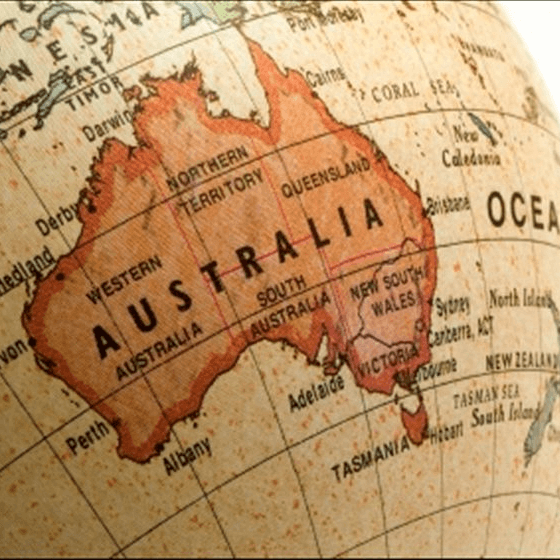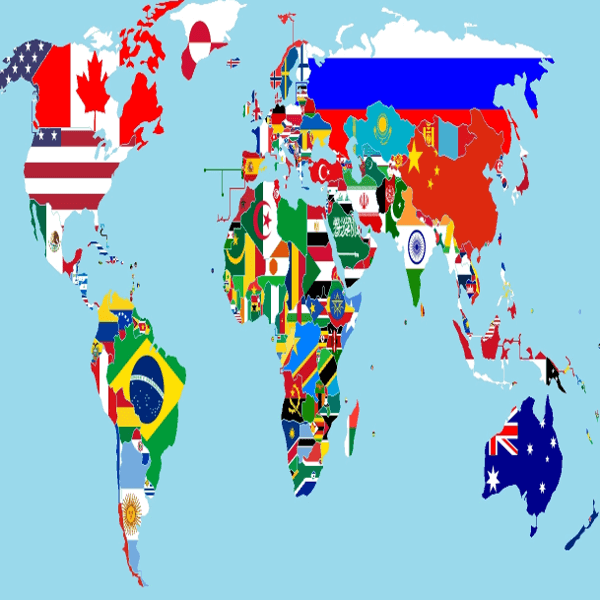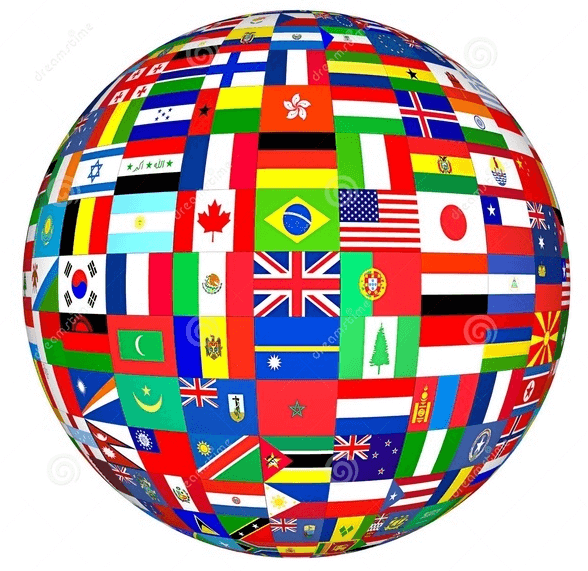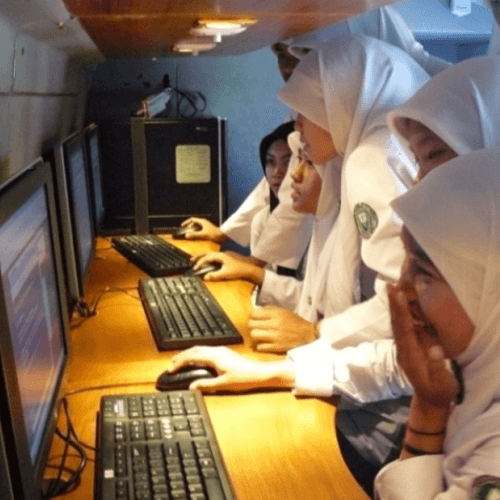Articles/Essays/Notes
The Development of Australian Foreign Policy
It only been these past few decades that Australia has begun to pursue a relatively independent foreign policy, from under the shadows Britain and the US. Australia's unique historical circumstances have led to the development of a certain set of attitudes and characteristics that underlie its...
The development and future of the nation-state
Humanity's political 'state of nature' has characteristically been defined in terms of small, nomadic family groups with little need for complex organisational structures. Continuously moving across the landscape with tenuous attachment to the land upon which they walked, organisational requirements...
Globalisation and the Nation-State
It is frequently alleged that the nation-state in the 1990's is at a precarious moment of history, poised to somehow inevitably disintegrate under the pressure of globalisation. It has been a mere decade since this word 'globalisation' started to infiltrate the everyday language of nations worldwide...
Globalisasi, Kedaulatan Nasional dan Konflik Masa Depan
Gary Dean (Universitas Gadjah Mada, NIM 96/111909/EK/13500) Yogyakarta, Desember 1997 Selama dasawarsa belakangan ini kata 'globalisasi' secara berangsur-angsur masuk ke dalam bahasa sehari-hari di negara-negara di seluruh dunia. Tetapi, apa sebenarnya artinya kata 'globalisasi' ini? Seperti banyak ...



